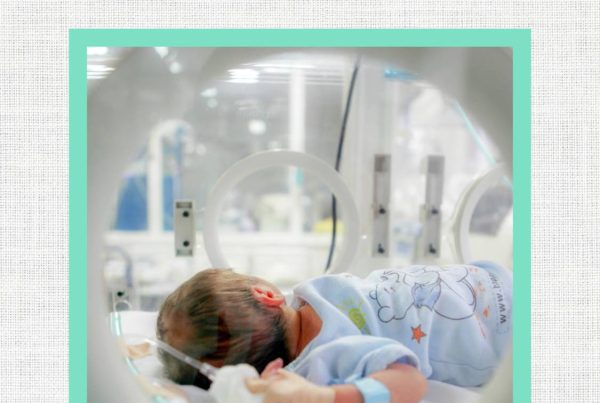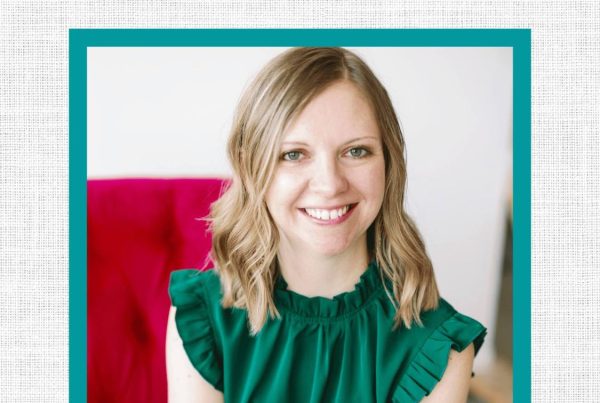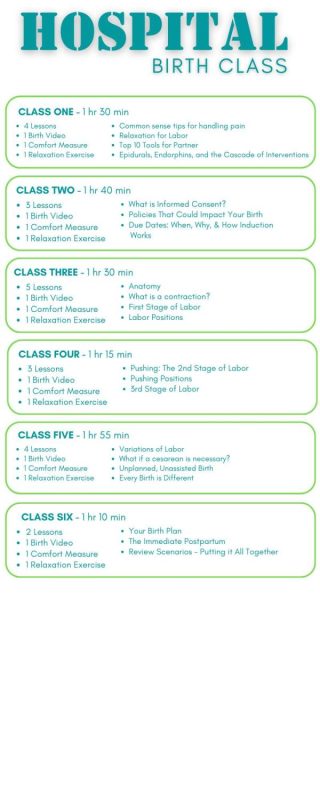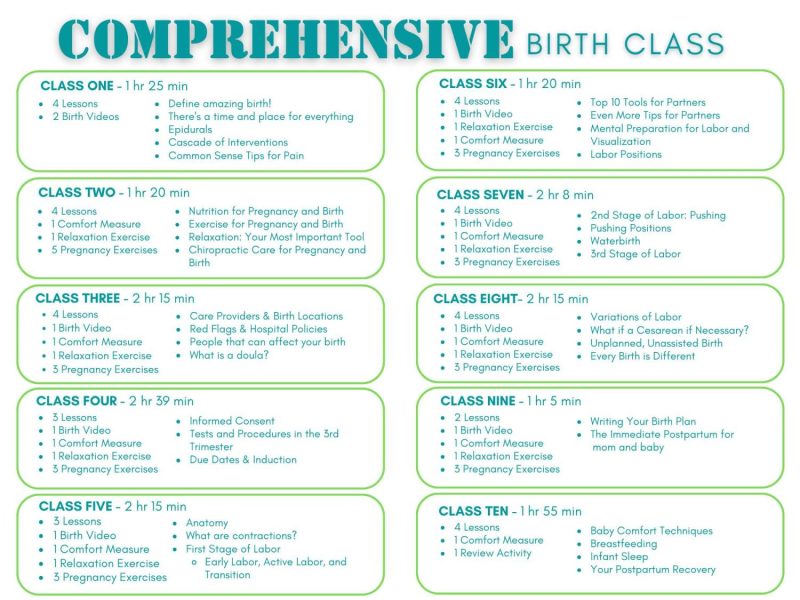Natural Birth FAQ for Families
 Sometimes, when preparing for a natural birth, the people most worried about everything are not even the ones giving birth but their concerned family members. Birth is a big deal and trepidation, questions, even unease, is normal. Here are some answers to frequently asked questions posed by those whose loved ones are preparing for a natural birth.
Sometimes, when preparing for a natural birth, the people most worried about everything are not even the ones giving birth but their concerned family members. Birth is a big deal and trepidation, questions, even unease, is normal. Here are some answers to frequently asked questions posed by those whose loved ones are preparing for a natural birth.
Q) You are birthing with a midwife? Do they even have any training? Why not choose an OBGYN?
A) This is a common concern and a legitimate one. After all, if there are doctors with more years of school behind them assisting in births, why opt for what may appear to be a lesser trained midwife?
Many couples today, however, are re-discovering the benefits of a trained midwife attending their birth rather than an OB. In fact, more and more hospitals have midwives on staff and they see the majority of pregnant patients and are having fantastic results medically and yield very happy customers.
Do midwives have training?
Yes they do. Midwives are well trained in what every woman hopes for: normal birth. While equipped to notice the danger signs if things do go wrong, a good midwife will also have the wisdom to “leave well enough alone†when needed.
Hospital based midwives are almost always CNMs or “certified nurse-midwivesâ€. A certified nurse midwife is, typically, a registered nurse who has gone on to obtain a masters degree in midwifery. They usually work with a physician to whom they refer any women who show signs of needing the more pathologically trained OB, who can deal with complications of pregnancy.
An OB is an asset in many cases, but when a woman is healthy, more and more hospitals and women are finding they aren’t always needed.
Q) OK, but what about these home birth midwives? Are they nurses with extra midwifery training?
A) Some CNMs do work outside of the hospital in birth centers or home settings. Frequently, however, homebirth midwives are CPMs or Certified Professional Midwives. CPM training and requirements can vary from state to state and it is always a good idea to look into yours and see what experience is needed to be licensed.
Experience for a CPM can vary greatly, with some having attended thousands of births, and some less than 100. Many women love the hands-on, in-home care made available by a home birth CPM. A well trained and experienced CPM can be a fabulous asset to your birth, able to handle situations as they arise and transfer, if needed. Be sure to closely interview your midwife, talk to others, and check the background and licensing of your CPM.
Some benefits of a home birth CPM include:
Continuity of care- You will have the same person attend you through pregnancy and birth. They know you and your normal and will be alert if things go wrong.
In-home care- Having a care provider come to you can be particularly convenient, especially in the first few days following birth. In addition, many people feel safer having a new baby only exposed to the bacteria and pathogens from their own home, rather than those in a hospital.
A holistic approach- Often this type of midwife treats the whole woman, is aware of her family situation, her emotional needs, her nutritional struggles, and all of the things that can play into her health and her optimal birth experience.
Longer visits- One of the reasons your typical CPM can treat the whole person and understand her needs is that they usually spend at least one hour with mom for every visit. This allows time to answer the many questions that arise as pregnancy progresses, and watch for things that may be of concern.
Making the choice that is best for you probably requires research and work, but once decided can be a great comfort.
Q) Why do you even want a natural birth? I gave birth to you and it hurt!
A) Women vary greatly in their desires for birth and what each views as ideal. Some women want medication for pain, while others see value in avoiding it. Birth and how to accomplish it is a personal choice and one which must be made individually.
Most women do recognize that there may be some pain involved in labor and birth, even considerable pain. Still, there is something wonderful in a woman desiring to have that experience, even if that isn’t the experience you had.
Being supportive of your natural birthing loved one is a great way to grow closer during the often emotional days of pregnancy. Remember that your daughter (or loved one’s) desire of a birth slightly different than the ones you experienced isn’t a judgment, just a personal choice. No harm is meant.
Q) What on earth is a doula and why would you want one at your birth?!
A) A doula is a woman trained specifically as labor support. Her role is particular- she helps mom and dad through their labor and birth. She is familiar with comfort techniques as well as hospital policies, personnel, and typical labor signs in a woman.
A doula isn’t usually a family member so it may feel like you are inviting a “stranger†to the birth. In truth, a doula is often a cherished member of the birth team who has enough professional distance to help, watch, and communicate, without the emotions that can sometimes get in the way with loving family.
If family members want to also attend the birth, a doula’s role can simply be to facilitate them, help them, guide the process, and support the whole family in what they need. Mostly however, the doula is there for MOM. Remember- if mom has a better experience, everybody benefits.
Q) I had a natural birth without all this crazy preparation. Why the worry? Birth is normal!
A) There have been many women have great birth experiences without much preparation. We can pretty safely say though, that in the current birthing environment with an average 30+% c-section rate, that preparation is a good thing. 40 or 50 years ago only about 4 or 5% of women had babies via cesarean section.
Today that statistic is much higher and it is best to be prepared and not just walk in with a sunny disposition and naive hope for the best.
Birth stays the same in many ways; Mom labors and baby comes out. The politics and policies of birth are constantly in flux, and that explains, in part, the need for preparation in the current climate.
Q) I want to be at the birth. In fact the whole lot of us want to be at the birth! Can we come?
A) Just asking if your attendance is welcome and then honoring the answer given you by the family is a great step. Some families want nothing to do with miracle of birth. Other family members want front row seats to the blessed event.
Having the first baby is often a big and scary step for a couple. It can be something they desire outside support and presence for, or something they would prefer to do mostly by themselves or with their trained birth team.
Please take the time to listen and communicate as a family and find out when the best time for you to be there might be. A solution can surely be found, even if it isn’t what you initially wanted!
~
When a loved one is preparing for birth, questions and concern are inevitable. Working together you can find a wonderful way to make things work for everybody. This is the beginning of a fantastic journey for the entire family!









Another FAQ: “Homebirth?! But what if something goes wrong?? Cousin so-&-so had to have an emergency Caesarean-section, or her baby would have DIED!”
Never mind that she was in a hospital with a 58% Caesarean rate, and babies are born with the cord around the neck all the time.
Thanks for the article. I wish I could share it with certain family members, but I think their minds are already made up 🙁